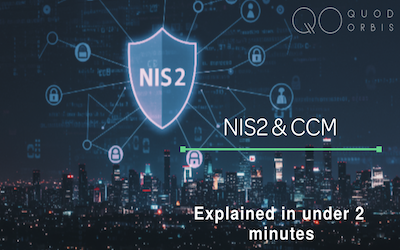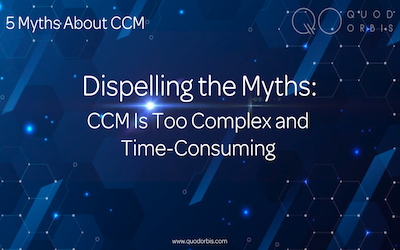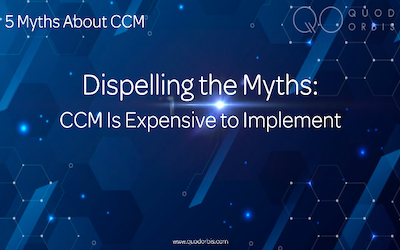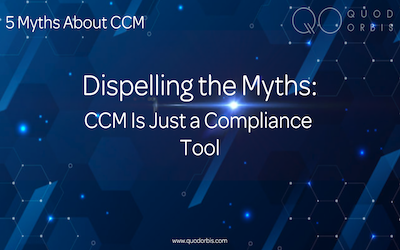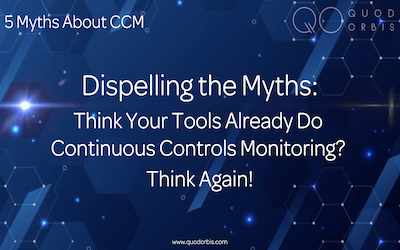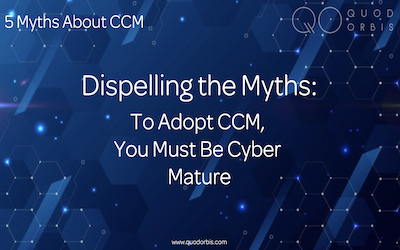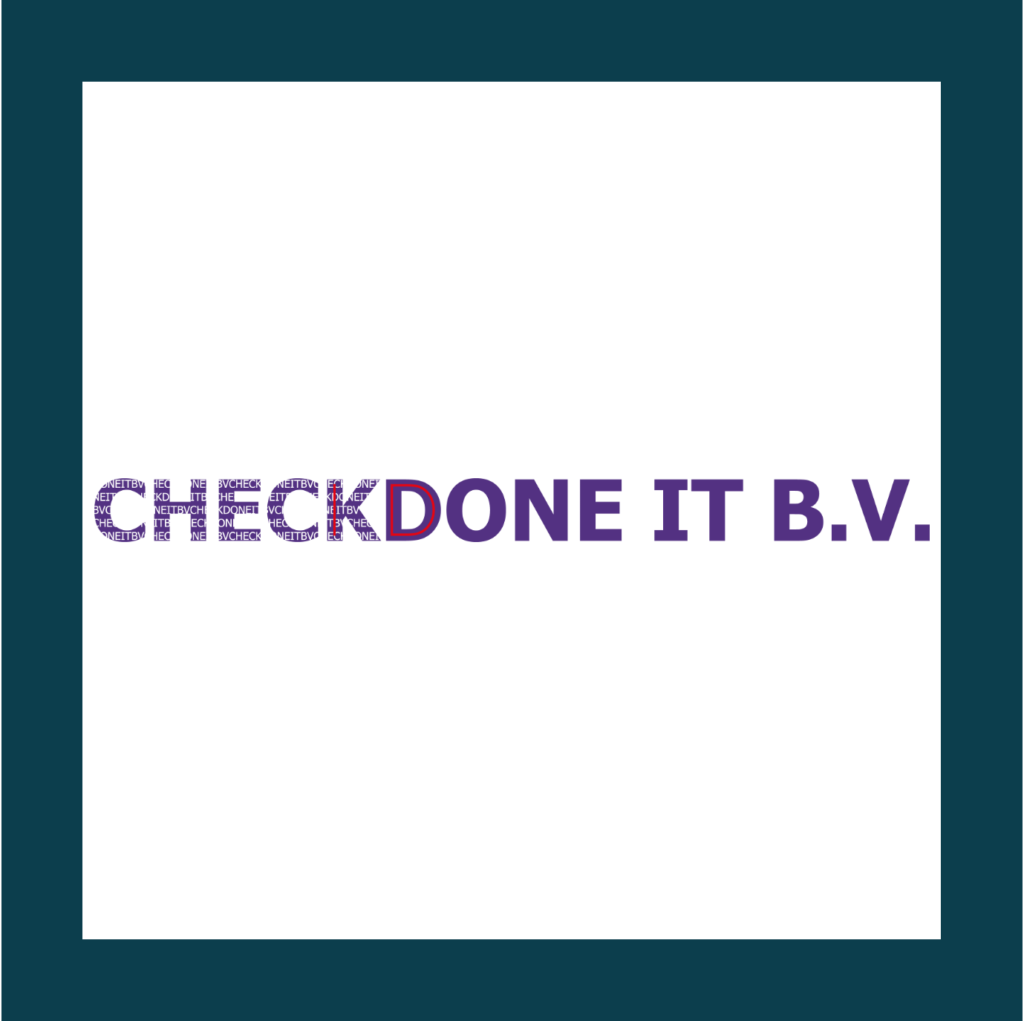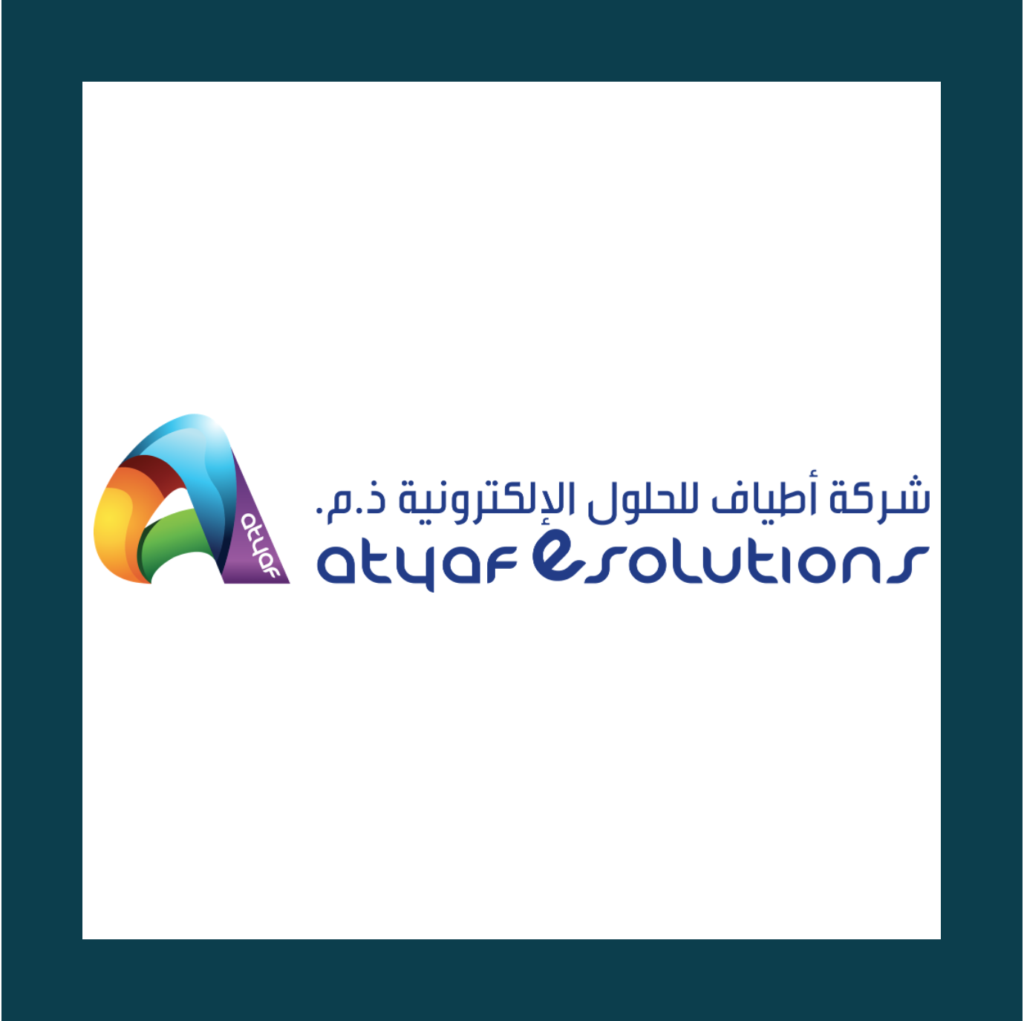PCI DSS is a set of security standards designed to ensure the protection of cardholder data and is mandatory for organisations that handle payment card information. However, complying with the Payment Card Industry Data Security Standard (PCI DSS) can be a complex and challenging process and these challenges can vary depending on the size and nature of the organisation.
Typically these would include:
Complexity of Requirements: The PCI DSS consists of 12 high-level requirements, each with numerous sub-requirements and specific guidelines. Understanding and implementing these requirements can be complex and time-consuming.
Scope Determination: Defining the scope of cardholder data within the organisation is often the number one challenge that is faced. Identifying all the systems and processes that interact with payment card data can be a significant undertaking, particularly if there is potentially legacy tech forgotten and various disparate tools that hold pieces of data.
Variability in Requirements: Assessing compliance accurately is also challenging in the fact that different organisations may have different interpretations of PCI DSS requirements, leading to variations in compliance strategies.
Vendor Relationships: Many organisations rely on third-party vendors and service providers and need to ensure that these vendors are also compliant with PCI DSS. This adds another layer of complexity into an already arduous task of monitoring not only their own tech infrastructure but also that of third-party suppliers.
Ongoing Compliance: Maintaining compliance requires ongoing effort. Organisations struggle to continuously monitor and update their security controls, policies and procedures to stay compliant simply because they may not have the resource or the expertise.
Resource and Financial Constraints: Overstretched teams attempting to monitor many pieces of tech means it is difficult to maintain the necessary security controls; Couple that with the potential lack of in-house expertise required of a deep understanding of security best practises and the financial constraints of achieving and maintaining PCI compliance, in the current economical climate managing this is a minefield.
Evolving Threat Landscape: Cyber security threats and attack methods are constantly evolving. Staying ahead of new threats and vulnerabilities can be challenging and near-impossible, especially if they lack the necessary expertise and technology to help support compliance.
Documentation and Reporting: Properly documenting compliance efforts and maintaining records can be burdensome and time consuming. Detailed documentation is essential for audit purposes and proof of compliance.
Annual Assessments: PCI DSS requires annual security assessments which can be disruptive and time-consuming, again creating another layer of complexity and burden for an organisation to manage.
Geographic and Legal Challenges: Organisations operating in multiple countries or regions must navigate various regulatory requirements and legal frameworks related to data security and privacy. Also, creating a unified approach and being able to monitor in multiple geographical locations with different teams makes PCI compliance utterly cumbersome and challenging.
To address these challenges, organisations should:
- Create a clear compliance strategy.
- Allocate resources effectively.
- Keep updated on the changes to the PCI DSS compliance.
- Continually assess and improve security practices.
However, this is easier said than done given the complexity of many organisations.
How can Continuous Controls Monitoring support PCI compliance and alleviate these challenges?
Real-time Monitoring: CCM tools continuously monitor and analyse security controls in real-time. This real-time monitoring allows organisations to identify and respond to security incidents promptly, reducing the risk of data breaches.
Automated Alerts: Alerts can be generated when anomalies or potential security issues are detected. These alerts enable quick response and remediation of any non-compliant activities, helping to maintain a secure environment.
Configuration Management: PCI DSS mandates that organisations maintain a secure configuration for their systems and software. CCM tools can ensure that system configurations are in compliance with PCI requirements and alert administrators when any deviations are detected.
Asset Visibility: It is imperative for organisations to understand what assets/tech they have. CCM connects to any technology – hardware, software and data – creating a live asset repository so you can monitor your entire tech infrastructure.
Log Management: PCI DSS requires the secure storage and monitoring of logs. CCM systems can centralise log collection, perform log analysis and send alerts for any suspicious or non-compliant activities recorded, helping organisations maintain the required level of log monitoring.
Vulnerability Management: PCI DSS mandates regular vulnerability assessments and scanning. CCM tools can automate vulnerability scans and track remediation efforts. They can also provide real-time visibility into vulnerabilities and their potential impact on cardholder data security.
Access Control Monitoring: CCM solutions can monitor user access and authentication to critical systems and data. They can identify unauthorised access attempts, excessive failed login attempts and unusual user behaviour.
File Integrity Monitoring: Continuous file integrity monitoring can help organisations identify any unauthorised changes to critical system files and configurations, which is an important PCI DSS requirement.
Security Policy Enforcement: Policies and configurations can be consistently enforced across the whole business when CCM is implemented. This helps ensure that all systems and devices are configured in compliance with PCI DSS requirements.
Reporting and Documentation: CCM tools can generate detailed, customised reports and documentation that demonstrate ongoing compliance with PCI DSS. These reports can be valuable for audits and regulatory assessments.
Remediation Tracking: CCM systems often provide tools for tracking and managing the remediation of non-compliant issues, ensuring that identified vulnerabilities and control failures are addressed in a timely manner.
Maintaining PCI DSS compliance is challenging for those organisations that need to comply with this regulation, so continuous control monitoring is an exceedingly valuable tool for supporting this and helping remain compliant by real-time visibility into security controls, automating compliance checks and enabling rapid response to security incidents. Not only that, CCM can support an organisations overall security posture and reduction of risk.
Why not find out more here.

